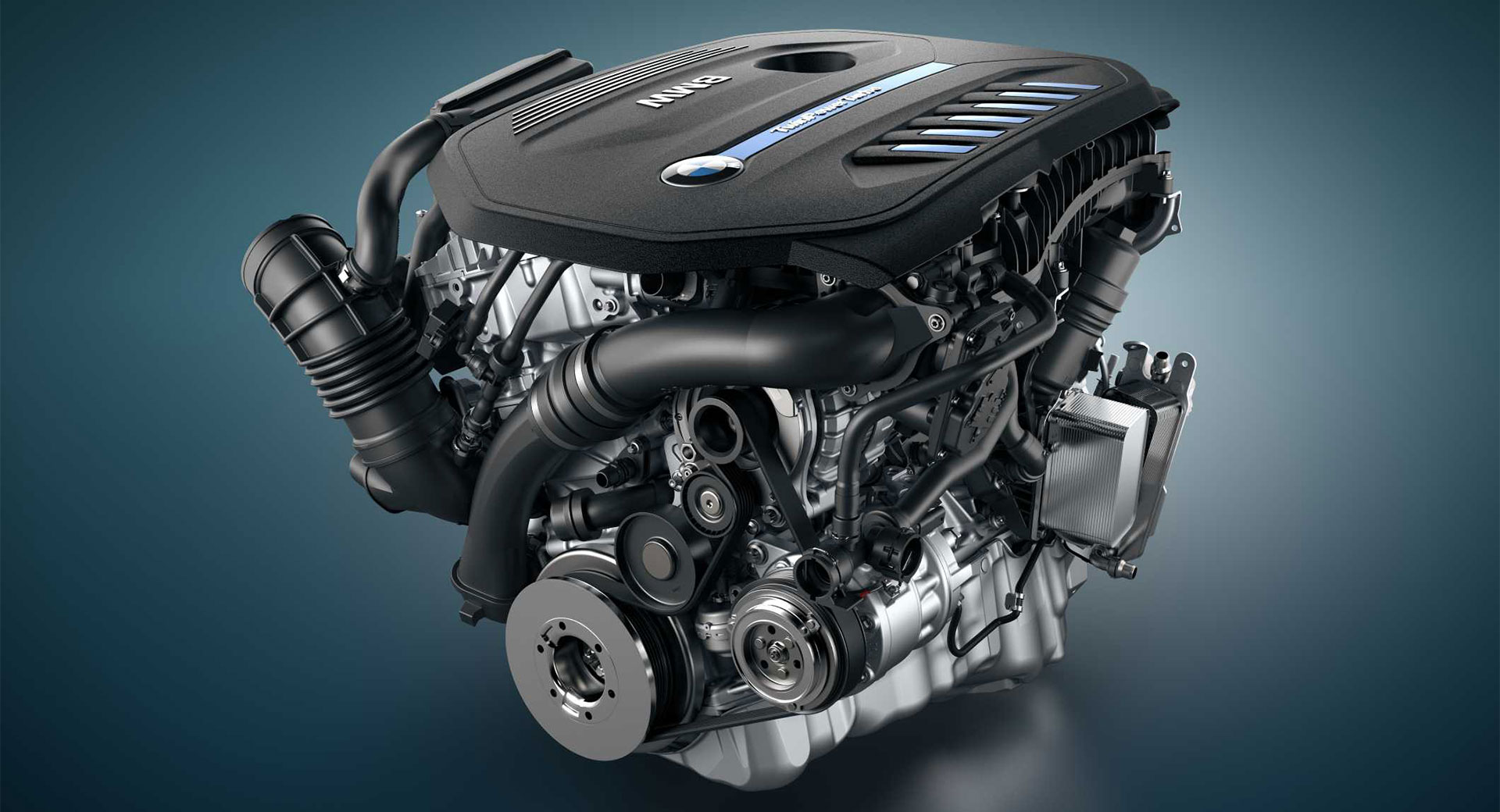Top 5 BMW Engine Technologies Changing the Automotive Market
Top 5 BMW Engine Technologies Changing the Automotive Market
Blog Article
Unveiling the Intricacies of Next-Generation Power Units: a Deep Study Advanced Engine Layouts and Advancements
In the world of automotive design, the relentless quest of performance, sustainability, and efficiency has actually driven the advancement of power devices to extraordinary heights. As we stand on the precipice of a new age in transportation, the intricacies of next-generation engine styles beckon us to check out the advanced modern technologies and advancements that guarantee to redefine the driving experience. From sophisticated materials that press the borders of longevity and weight decrease to innovative turbocharging and supercharging systems that boost power outcome to brand-new levels, each component of these power systems holds a crucial to unlocking the future of automotive design. Diving deeper into the realms of discharge control, smart engine administration systems, and the perspective of power device development, we locate ourselves on the cusp of a change that assures to improve the landscape of mobility as we know it.
Advancement of Engine Products

The change in the direction of advanced engine products has actually also allowed designers to develop engines with higher power outcomes while keeping gas effectiveness requirements. The use of light-weight products lowers the total weight of the engine, leading to enhanced fuel economic climate and reduced discharges. Additionally, advancements in products modern technology have enabled better thermal management within engines, leading to increased integrity and longevity.
Turbocharging and Supercharging Technologies
Just How do Turbocharging and Supercharging Technologies reinvent engine efficiency and efficiency in modern automobiles? Turbo charging and turbocharging are technologies that dramatically enhance engine performance by enhancing the amount of air consumption right into the burning chamber. Turbocharging accomplishes this by making use of a wind turbine driven by exhaust gases to pressurize the intake air, while turbo charging utilizes a belt- or chain-driven compressor to achieve the same effect.
These modern technologies enable smaller sized, much more fuel-efficient engines to produce power comparable to bigger ones, recognized as downsizing. By forcing more air right into the cyndrical tubes, turbocharging and supercharging improve combustion performance, resulting in increased horsepower and torque result without a significant increase in engine size. This causes better acceleration, pulling capability, and overall driving efficiency.
Moreover, turbo charging and turbocharging add to enhanced gas effectiveness by enabling the use of smaller engines that consume less gas under normal driving problems - bmw engine. This mix of improved efficiency and efficiency has actually made turbocharging and turbo charging important components of numerous contemporary engine designs
Emission Control and Environmental Impact
With boosting global problems regarding air high quality and ecological sustainability, the application of discharge control technologies in vehicles plays a critical function in decreasing unsafe pollutants launched right into the atmosphere. Modern automobiles are furnished with sophisticated emission control systems that assist decrease the ecological influence of automobile operations. Catalytic converters, for example, are developed to convert harmful gases such as carbon monoxide, nitrogen oxides, and hydrocarbons right into less hazardous compounds like co2 and water vapor.
Additionally, developments in engine modern technology, such as the integration of exhaust gas recirculation systems and selective catalytic decrease, have actually dramatically added to lowering discharges. These technologies operate in tandem to enhance burning performance and minimize the release of dangerous pollutants right into the air. In addition, the growth of crossbreed and electric cars represents an important step in the direction of reducing the total ecological impact of the transportation market.
Intelligent Engine Administration Solution

Furthermore, these systems allow automobiles to fulfill strict discharges requirements without endangering performance, offering a much more eco pleasant driving experience. The integration of expert system and artificial intelligence capacities in engine monitoring systems proceeds to press the limits of what is possible, bring about additional enhancements in effectiveness, dependability, and general vehicle efficiency. bmw engine. As vehicle technology developments, intelligent engine management systems will play an essential duty in shaping the future of transport towards a much more effective and sustainable instructions
Future Trends in Power System Development
As smart engine monitoring systems lead the way for enhanced control and optimization in modern-day vehicles, future patterns in power system growth are poised to redefine the landscape of vehicle propulsion technologies. Among the key patterns driving innovation in power system growth is the shift in the direction of electrification. With an increasing concentrate on sustainability and reducing carbon exhausts, hybrid and electric powertrains are coming to be more common in the automobile industry. These different power sources offer boosted efficiency and performance while lining up with rigid ecological regulations.
One more considerable pattern is the integration of advanced products and making techniques. Light-weight products such as carbon fiber and light weight aluminum are being utilized to minimize general car weight, improving fuel efficiency and performance. In addition, innovations in 3D printing and additive manufacturing are enabling the production of intricate engine components with greater accuracy and longevity.
In addition, man-made intelligence and artificial intelligence are playing an essential function in optimizing power unit efficiency. These technologies enable real-time surveillance and flexible control, resulting in more reliable and effective power distribution. Generally, future fads in power device advancement are tailored in the direction of efficiency, performance, and sustainability, driving the vehicle sector in the direction of a new age of propulsion modern technologies.

Verdict
In final thought, the improvements in engine materials, turbocharging, emission control, and intelligent monitoring systems have actually led the way for next-generation power systems. These advancements have not only improved performance and performance however additionally lowered ecological impact. As innovation remains to evolve, future fads in power device advancement are most likely to concentrate on further boosting sustainability and optimizing power result. The detailed styles and advancements in modern-day engines showcase the continuous development of auto modern technology.
Discovering the dynamic developments in engine products has actually been critical in improving the performance and efficiency of more helpful hints modern-day engines. Over the years, the advancement of engine materials has played a vital duty in pushing the limits of what engines can attain.The change towards progressed these details engine products has actually likewise allowed engineers to create engines with greater power outcomes while preserving gas performance standards.The application of smart engine administration systems in modern-day cars has actually reinvented the method engines are managed and maximized for performance and performance. By collecting information in real-time and assessing it with advanced formulas, intelligent engine monitoring systems can adjust to driving styles, ecological factors, and engine health to take full advantage of power output while minimizing fuel usage and exhausts.
Report this page